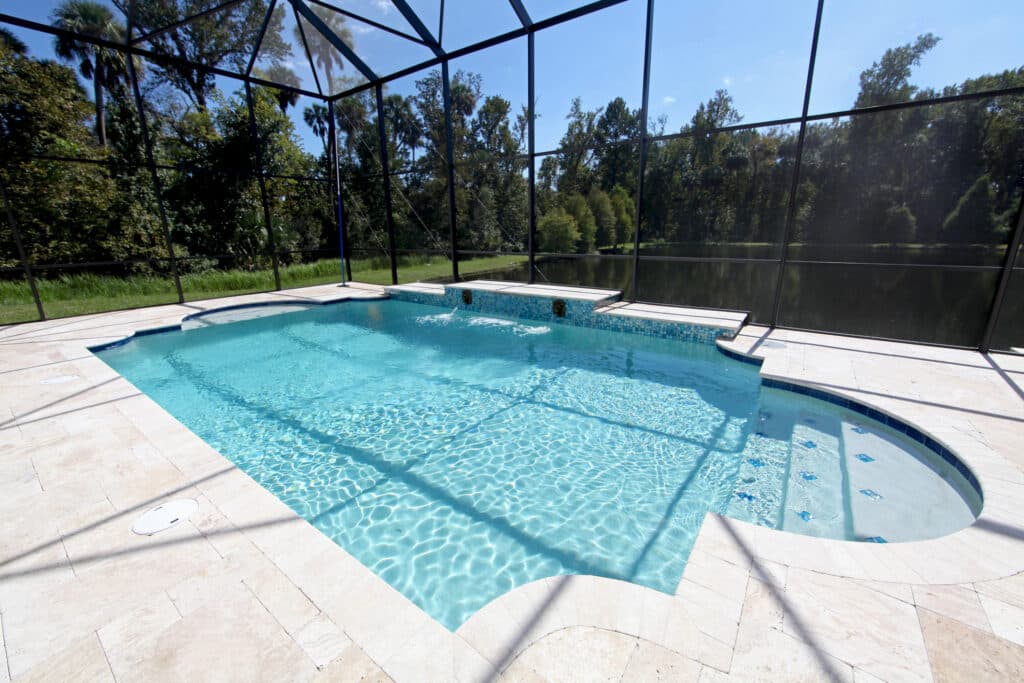Everything You Need To Know About Temporary Housing Options After a Hurricane
Riding out a hurricane is scary and stressful in and of itself. If your home sustains significant damage, your worries aren't over once the storm passes. You might find yourself displaced while your house gets repaired and becomes liveable again. Fortunately, several temporary housing options are available in the Augusta, Georgia, area for families and individuals after a hurricane. Here's where to find them and what to know.
Contact Your Insurance Company
If you have homeowners or renters insurance, contact your insurance agent before you begin looking for temporary housing. Your policy might have loss-of-use coverage that will reimburse you for living costs if you need a short-term place to stay after a hurricane or other natural disaster. It might cover things like storage and moving fees in addition to hotel or rental costs. Talk to an agent to determine the details of your policy, including spending limits and duration of coverage, so you can make smart decisions when choosing temporary housing.
Emergency Housing Options
In the immediate aftermath of a hurricane, you might not be able to find a hotel or rental nearby. If the storm damage is severe enough that Augusta or the state of Georgia gets declared a disaster area, you might qualify for government aid from the Federal Emergency Management Agency (FEMA) while you secure temporary housing. FEMA aid is available for individuals whose homes are uninhabitable after a hurricane and don't qualify for insurance coverage. Go to DisasterAssistance.gov to apply for aid and find out if you're eligible for temporary housing units or stipends for hotel or rental costs.
If you need emergency housing while you secure a place to stay, you can find a place to sleep and resources to help at a shelter. Visit the American Red Cross website to find a list of shelters near Augusta. If you cannot access the internet because the power is out, calling 211 for essential services can help you find housing and other resources.
Temporary Housing Options
Several short-term housing options are available if you need a place to stay while completing hurricane damage repairs on your home. You can find housing for anywhere from a few days to several months. Here are some housing solutions to consider:
Hotel or Motel
A hotel or motel is ideal for shorter stays such as a couple of days or weeks. This might be a good temporary housing option immediately after a hurricane while you assess the extent of the damage to your home and how long you anticipate being displaced. Your insurance company might partner with certain hotels that offer discounted rates or cover the cost of a hotel room up to a maximum limit.
Extended-Stay Hotel
Extended-stay hotels are designed for people who need a place to live for a week or more. They typically have amenities such as kitchenettes and living areas that make your stay more convenient and comfortable. They're also usually more economical for long-term stays than traditional hotels and might be covered by your insurance.
Corporate Housing
Corporate housing is geared toward professionals who are traveling for business or relocating. They are similar to fully furnished apartments and might come with services such as housekeeping or utilities. A variety of corporate housing providers can help you find the right temporary housing solution if you need a place to stay for weeks or months.
Apartment
For months-long temporary housing, renting an apartment in the Augusta area might be most practical. You can find furnished apartments with short-term lease options that give you the flexibility to rent on a month-to-month basis. If you can't anticipate how long you'll need temporary housing, this might be a good solution.
Vacation Rental
You can use an online vacation rental platform to find a temporary housing option that meets your needs. Your insurance might even cover the cost of renting it. Vacation rentals can range from individual rooms in someone's home to condos to full homes of all types and sizes.
Rental Home
If you know you'll be displaced long-term, renting a house can be a more economical option than a hotel or vacation rental. Plus, it provides you with the comforts and stability of home. Many insurance policies will cover the cost to rent a house of a similar size and type as your primary residence in the aftermath of a hurricane.
Mobile Home
Some insurance companies will provide policyholders with a manufactured or mobile home to live in if the hurricane damage to their residence is extensive and requires lengthy repairs. This can be a more cost-effective solution for the insurer if they're paying your temporary housing costs. It might also allow you to remain on your property while your home gets repaired.
RV Park or Campsite
If you don't own an RV, you can rent one and stay at an RV park for a fee. Most RV parks provide utilities such as water and electricity, as well as amenities such as laundry facilities and Wi-Fi. They can also provide a sense of community and allow you the flexibility to travel and stay at a variety of locations. For an extremely low-cost option, you can also camp in a tent. This typically isn't suitable for lengthy temporary housing needs because of the lack of space and modern amenities and exposure to weather and wildlife.
Family and Friends
Family and friends might offer to host you temporarily after a hurricane, providing a supportive and cost-effective housing solution. Establish the duration of your stay, what you'll contribute to the household, and any other expectations up front to avoid straining your relationship. Be aware that this option might offer you less privacy or control over your living situation.
The right temporary housing situation for you depends on your budget, family, the duration of your stay, insurance limitations, availability, and other factors.
You Can Weather This Storm
The aftermath of a hurricane can be filled with uncertainty and stress. If you're displaced from your home because of storm damage, understand that many temporary housing options are available if you know where to look and what to expect. Try to leverage your homeowners or rental insurance to reimburse short-term housing costs. Finding the right temporary housing situation for your needs can ease the challenges and burden of homelessness while your residence undergoes repairs.


